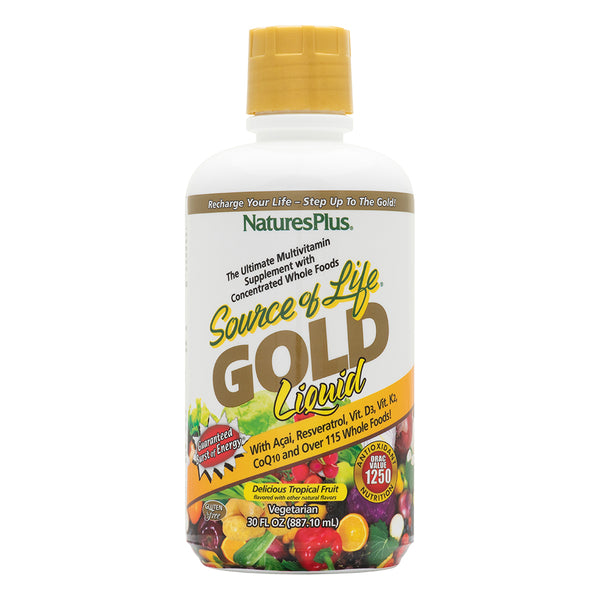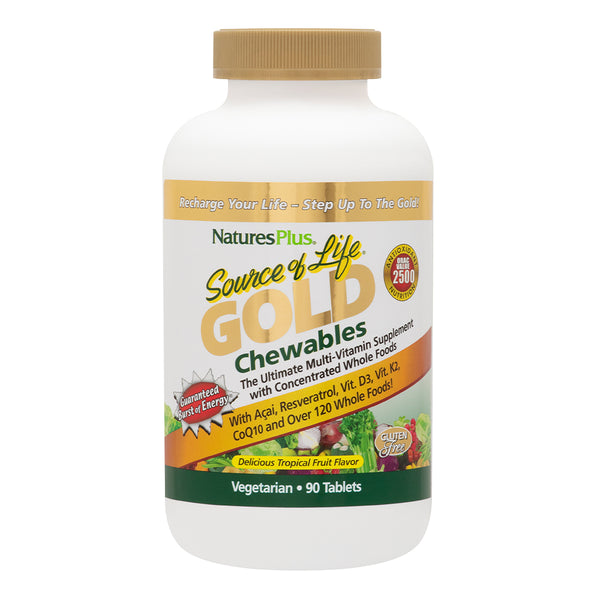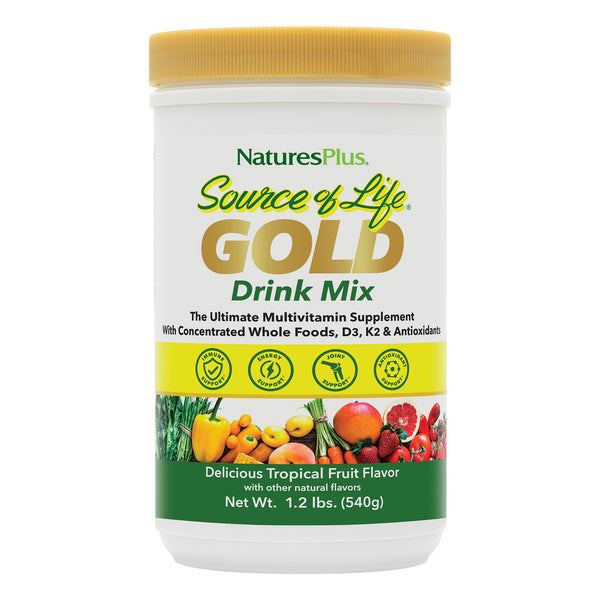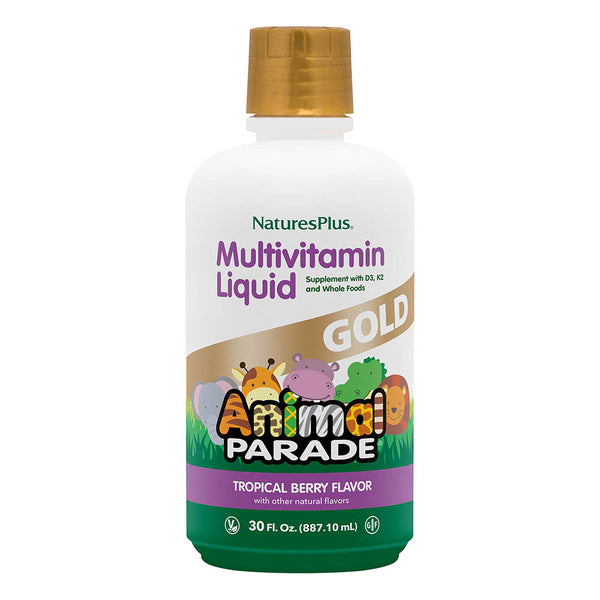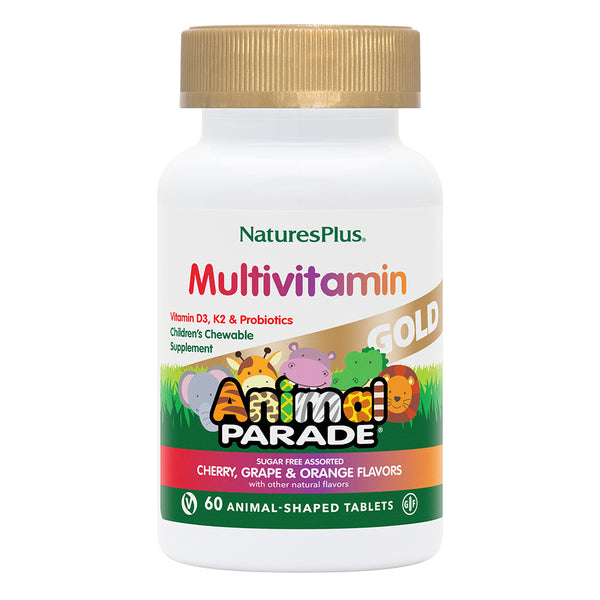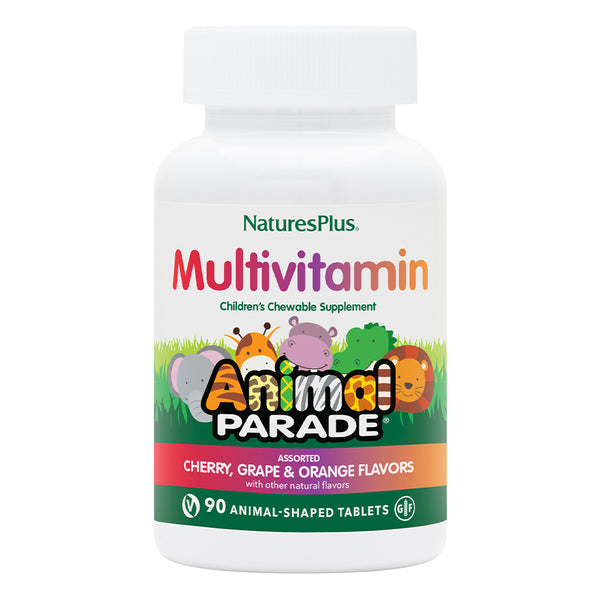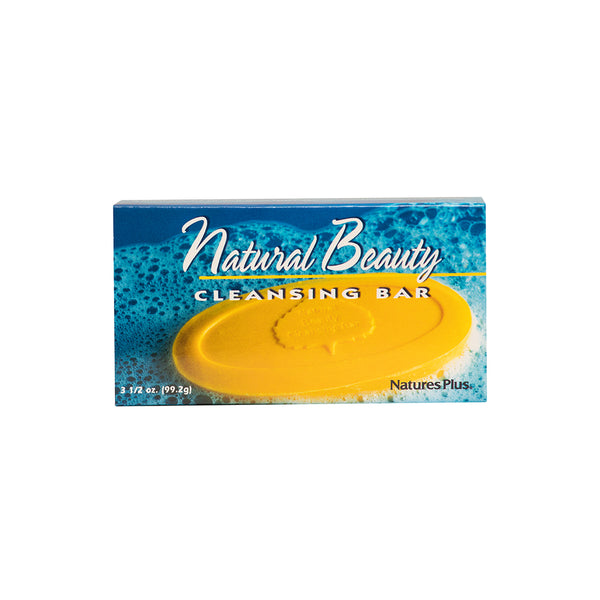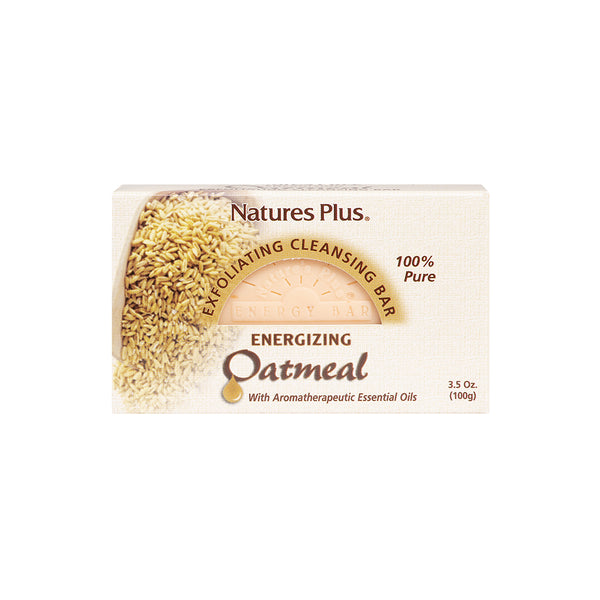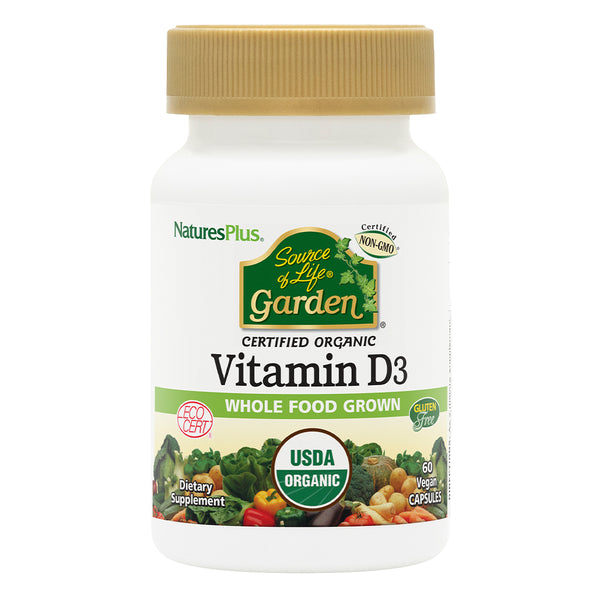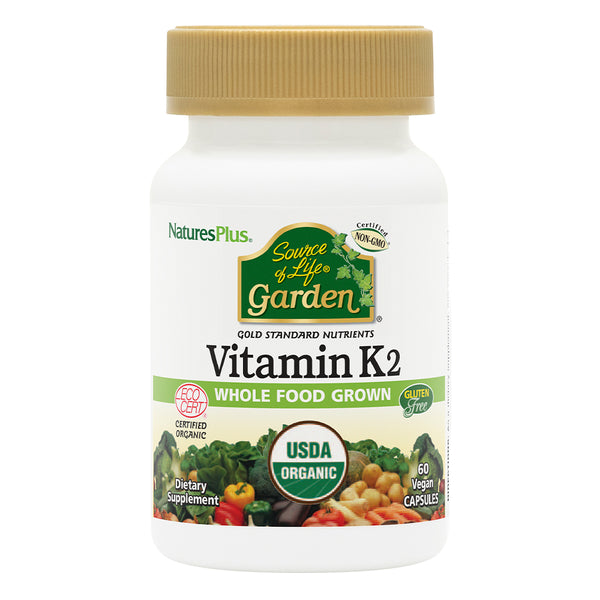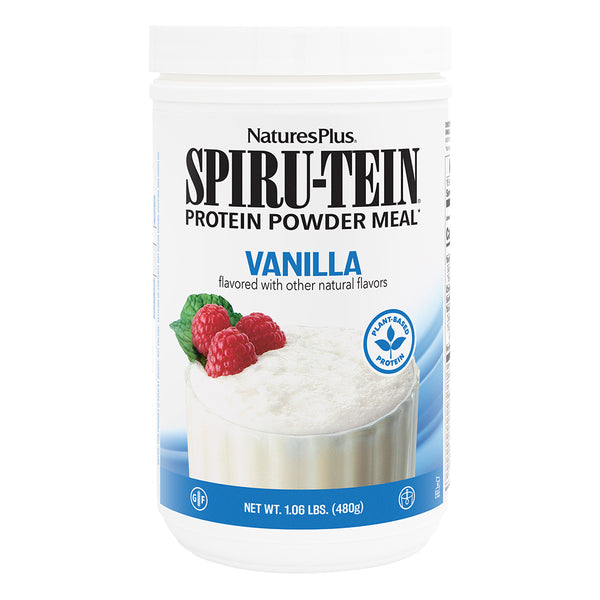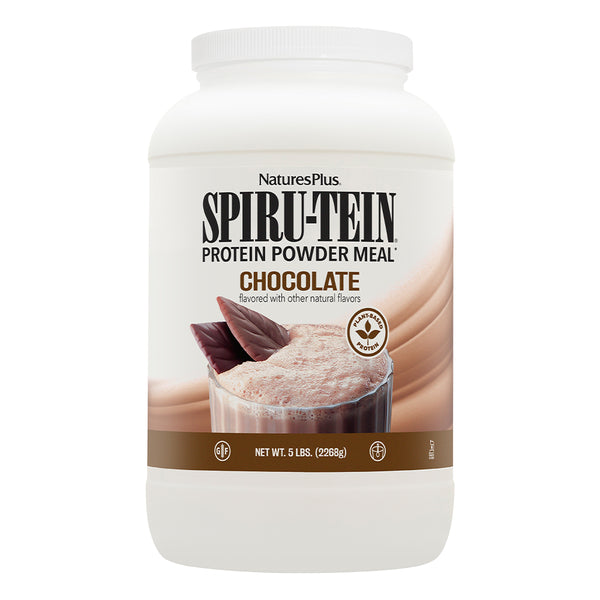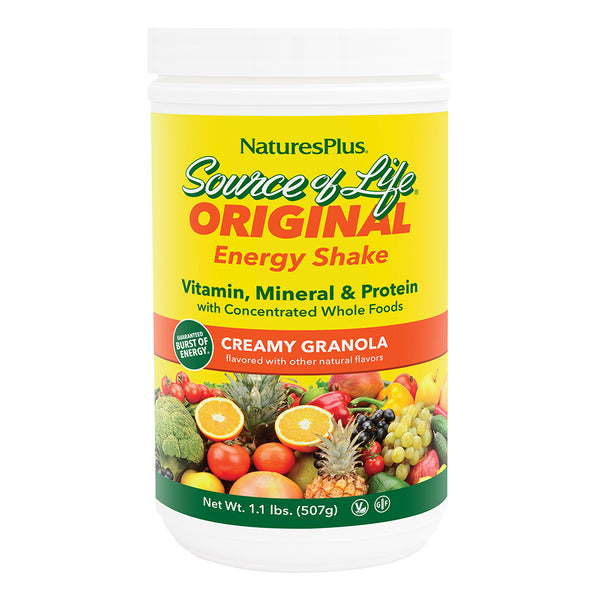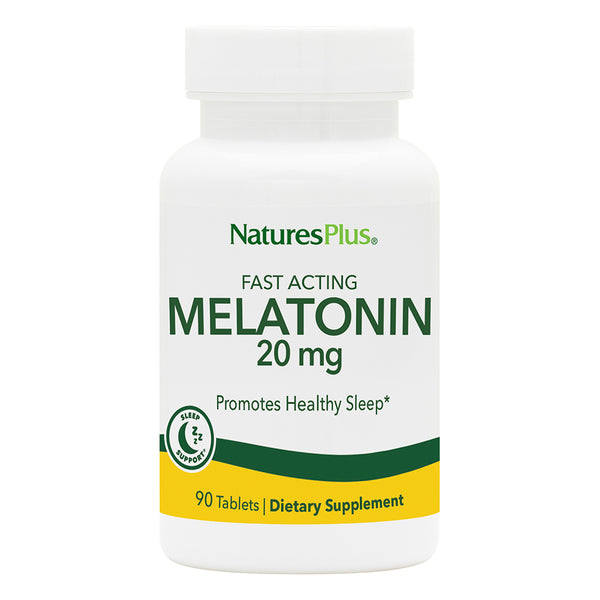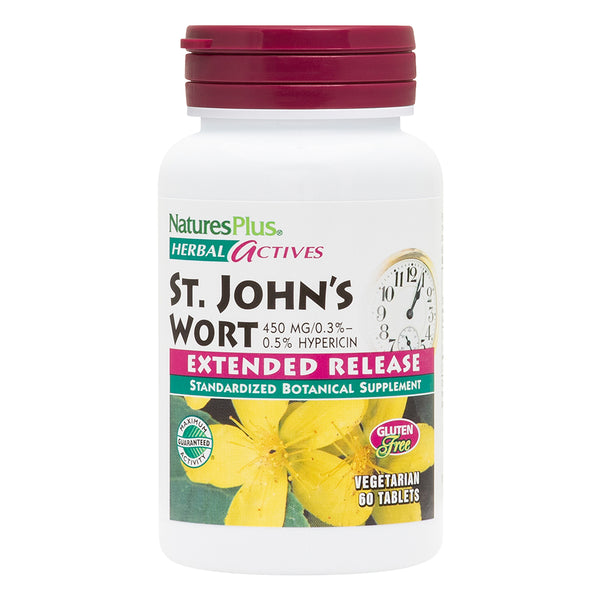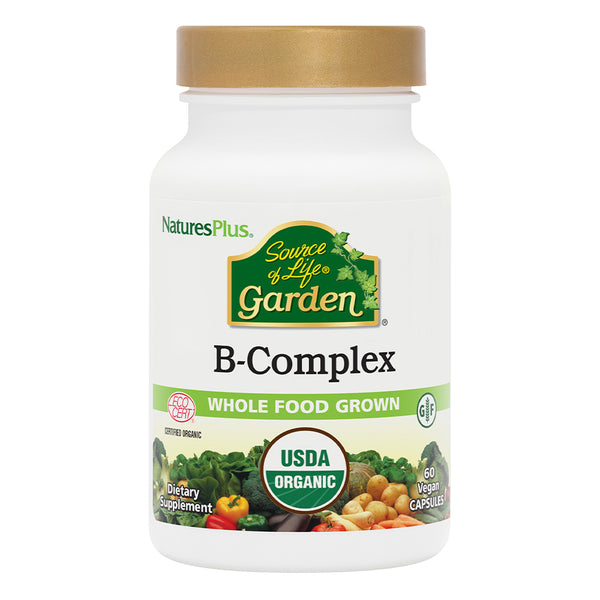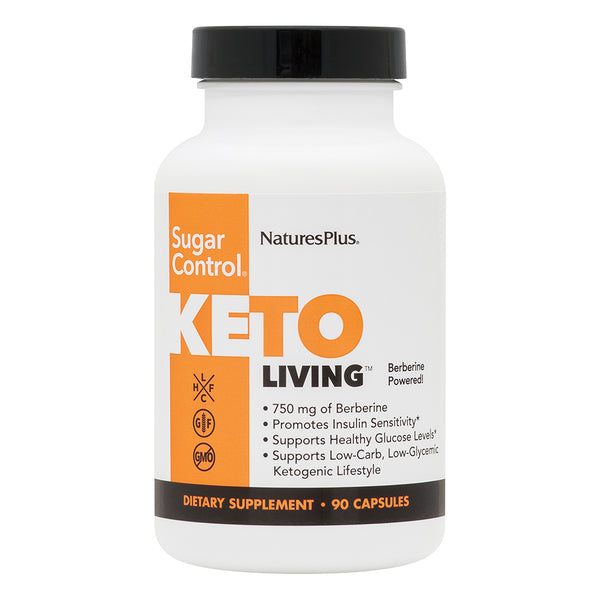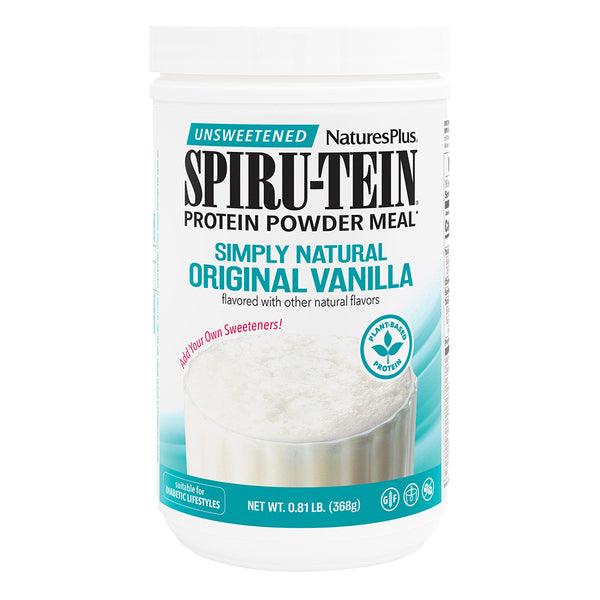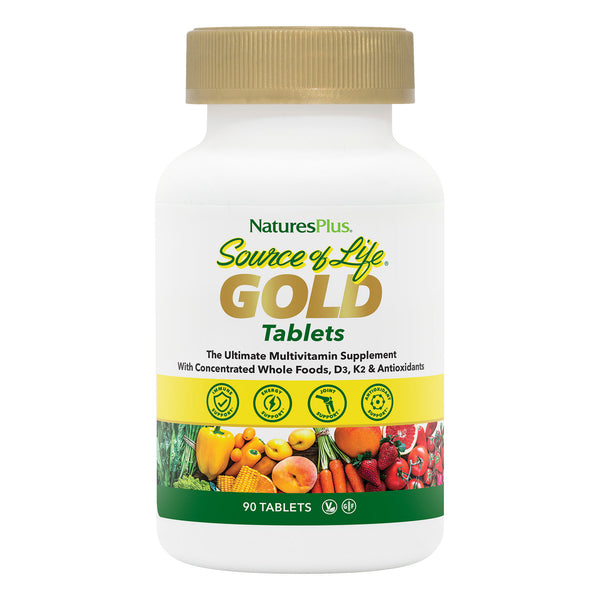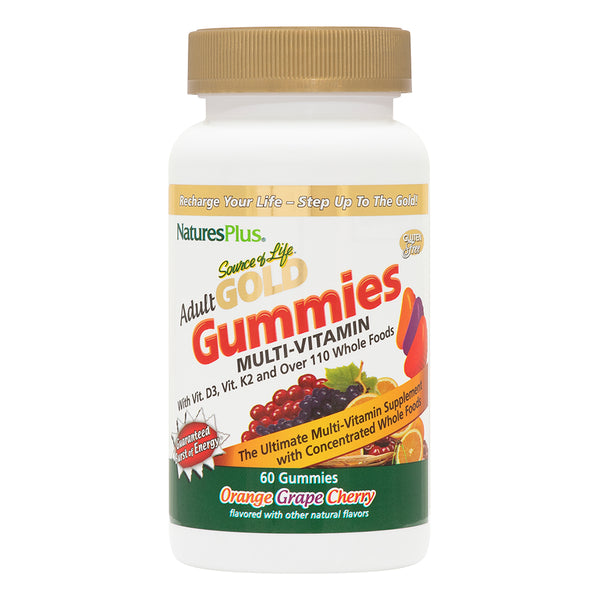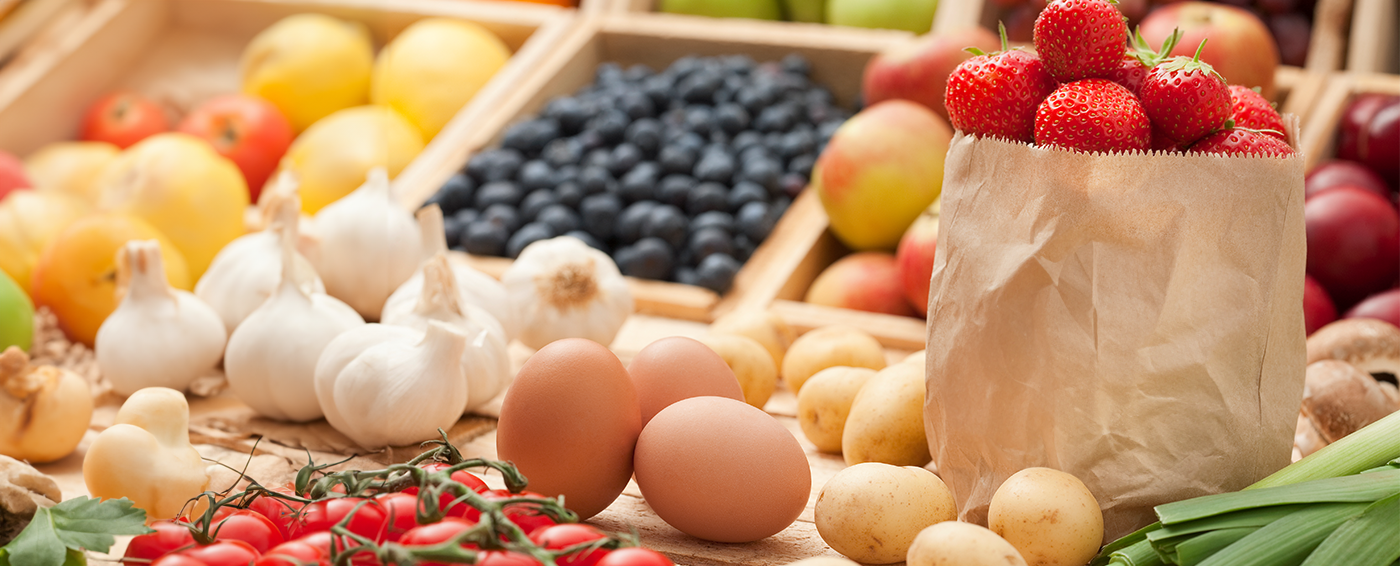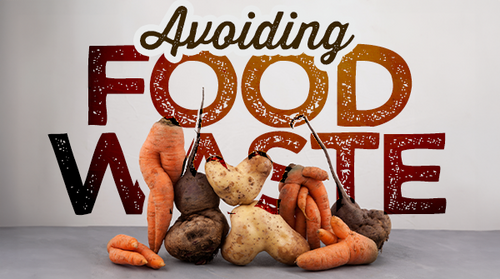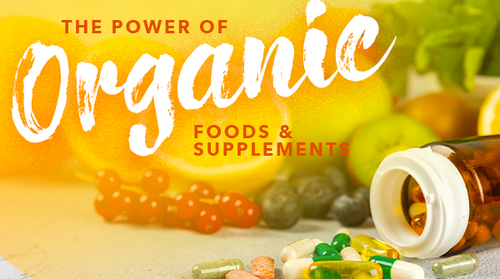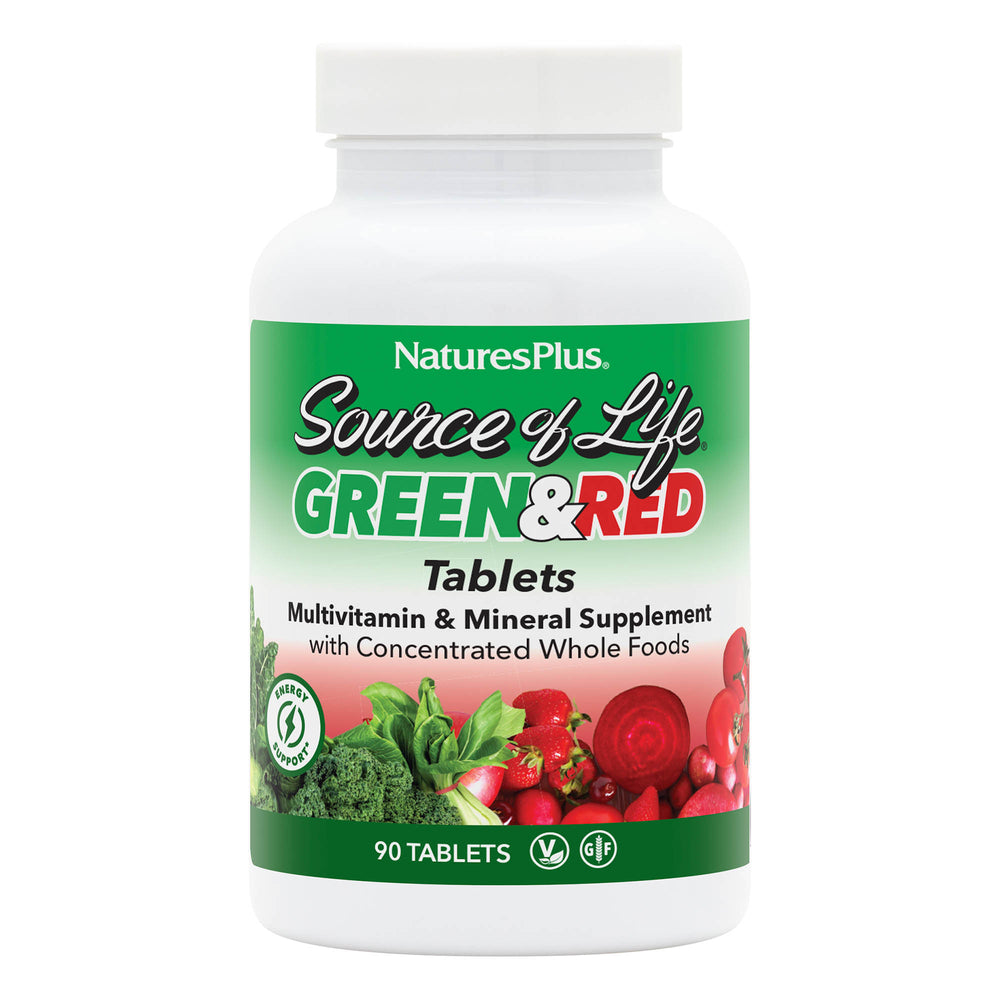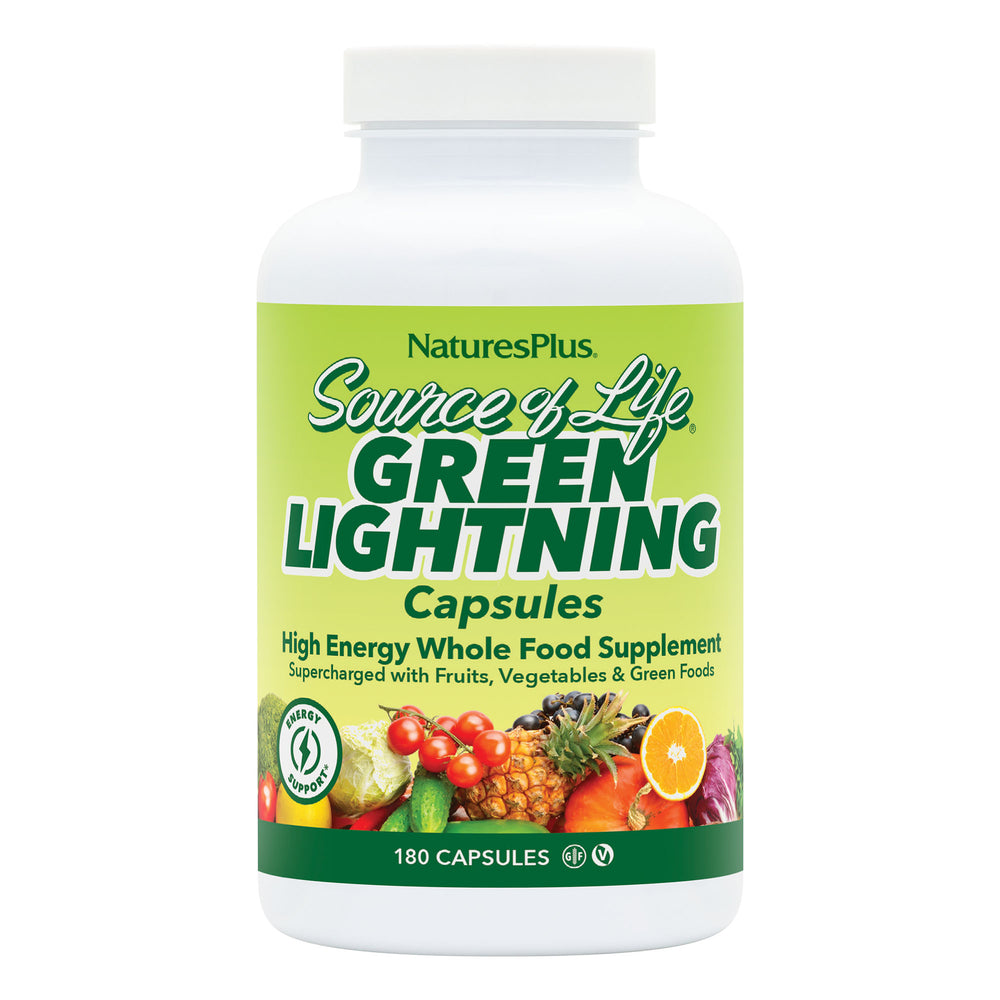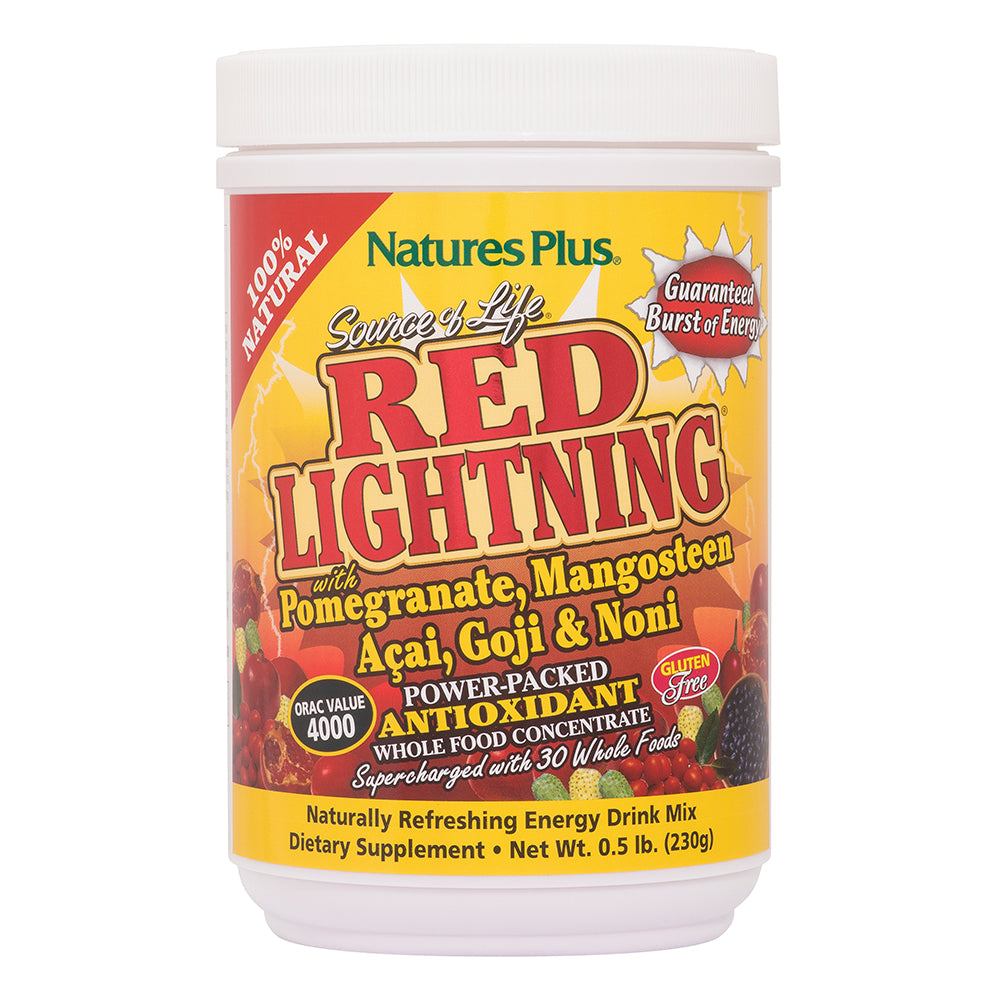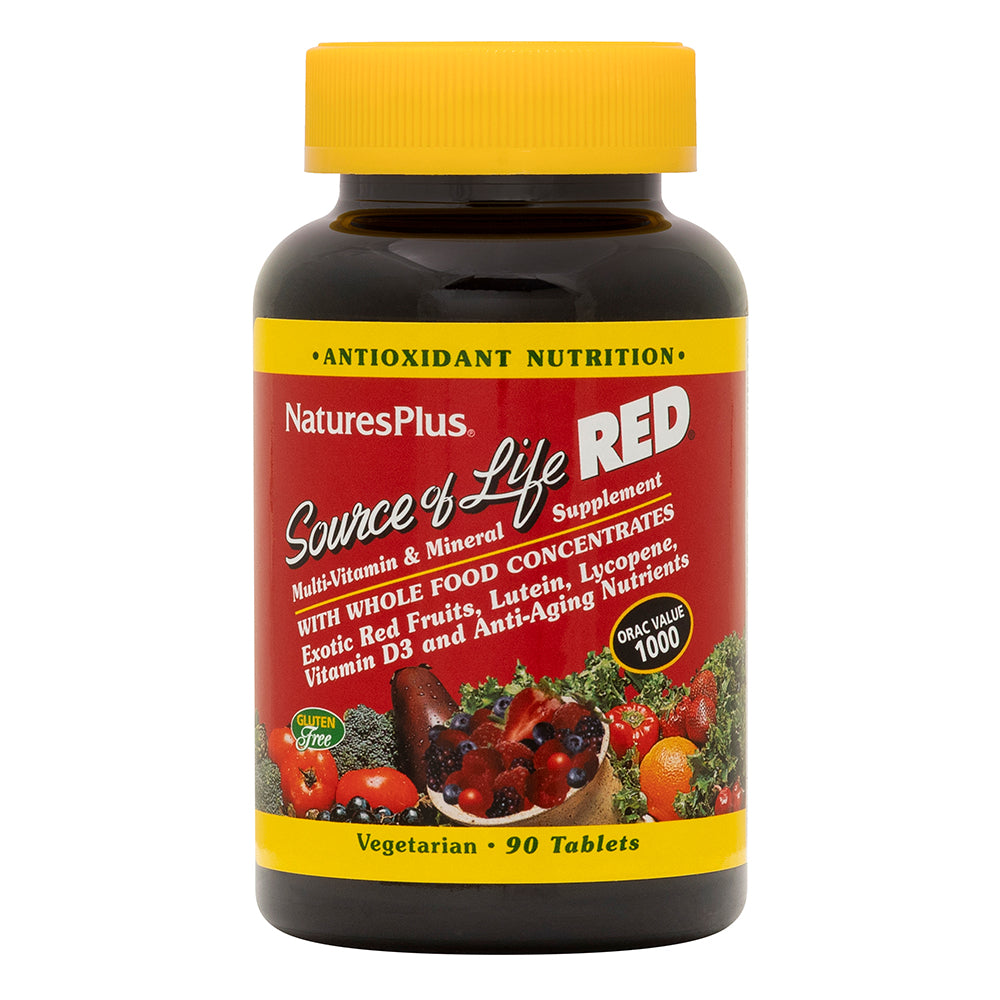If you're looking for farm-fresh produce to use in your favorite fall soups and stews, look no further than a farmers market. There you can find vendors from throughout your region selling their wares directly to the public. Food gets no fresher than that!
Culinary satisfaction isn't the only reason to shop a farmers market, however: Supporting local growers, many of whom farm in organic or sustainable ways, is another worthwhile motivation.
"Money is going directly to the farmer," says Brie Mazurek of Foodwise, which runs farmers markets in the San Francisco Bay Area. "Plus, you're cutting down on food miles, or how far your food is traveling."
Here are ways to make your weekly market trips really pay off.
Know What's in Season
Only seasonal produce is available at a farmers market, pretty much by definition.
"Part of the pleasure of shopping at your local market is developing an appreciation of fresh, local foods at the height of their natural season," says chef and holistic nutritionist Jenny McGruther, author ofThe Nourished Kitchen (Ten Speed, and blog of the same name).
What's on tap varies from area to area—in autumn that means cranberries and winter squash in New England, chilies and figs in the Southwest—so it pays to know what's available at your particular location.
"Many markets produce a market-specific crop calendar that will tell you when various fruits and vegetables available at your local farmers market will begin and end," notes McGruther. "If your market doesn't offer this service, your county cooperative extension office or your state's department of agriculture will."
Remember that you won't find some common shopping-list items at a farmers market. Bananas aren't grown anywhere in the mainland US, for example, so you won't see them in the vendor stalls.
Plan Your Trip
You'd be surprised at how many people wander aimlessly at farmers markets, unable to make a selection (and often buying next to nothing.) That's why you should peruse your recipe cache and do some meal planning before you visit.
It's a good idea to check the market's website; some offer weekly emails that will include recipes incorporating whatever's in season that week. And don't forget the sites of individual vendors, many of which also send weekly emails noting items that are in short supply and likely to sell out fast.
If you live near a culinary hotspot, you can try following local chefs on social media to find out where they go for their fruits and vegetables; such chefs markets often feature more interesting produce. A good source of this inside info is a local farm-to-table restaurant, which may provide the names of its growers right on the menu (if not, it wouldn't hurt to ask).
Once you know what's available, make a list.
"Since you know what you're likely to find at the farmers market, you can shop accordingly, much as you would at the grocery store," advises recipe developer Molly Watson, who has written several cookbooks, including Greens + Grains (Chronicle Books). In addition to produce, look for offerings such as honey and small-batch condiments as well as dairy, eggs, meat and baked goods.
Watson notes that you should "stay flexible, since what you're looking for may not be in stock. Be prepared to make substitutions."
Bring Bags (and Maybe Even a Cooler)...
You don't want to be hauling, let's say, a bunch of carrots and two pounds of turnips home in a flimsy plastic bag, which isn't part of the whole natural vibe most markets specialize in anyway. So bring large, sturdy bags or even a backpack. "If you buy a lot every week, consider acquiring a wheeled cart or wagon," suggests Watson.
Some markets are so extensive that you may end up spending several hours there. And while the rutabagas and potatoes will make it home unscathed inside a stuffy bag, that ripe-but-not-rotten soft cheese you found will definitely be gasping for breath.
So to keep perishables fresh, consider throwing a cooler and cold packs in the back of your vehicle. "When I go to market I keep a cooler in my car, load up, and head right back," says McGruther.
...And Small Bills Plus Change If Paying in Cash
Improved payment technology means that many vendors now take credit and/or debt cards. If you find that some of your favorites don't, however, bring change and small bills (especially first thing in the morning).
Go Early, Or Late
Speaking of early mornings, that's the best time to hit the market if you want to snag the fast sellers.
"A farmer may only have a single flat of ripe, juicy blackberries or a couple of pounds of fresh green peas," says McGruther. "So arrive early to make sure you get the best pick of the market's high-demand fruits and vegetables."
On the other hand, "farmers may discount their produce toward the end of the day," McGruther says. "If your budget is tight, attending late may yield the best deals." Don't press vendors for discounts, however, and be aware that some markets don't allow them.
Buy Ugly and In Bulk (and Preserve Your Haul)
Supermarkets tend to specialize in piles of flawless-looking produce. However, ugly can be beautiful at a farmers market, where you can cut costs by buying #2 products (also known as "canning grade" or "visually distressed"), marred in appearance but perfectly fine to eat.
What's more, market vendors often offer heirloom varieties that aren't pretty but more than make up for their homely looks with knock-your-socks-off flavor.
One way to make that ugly produce really pay is to buy it in bulk and turn it into home preserves:
- Have a chilly part of the house that doesn't freeze in winter? Apples, onions, potatoes and squash can last for months in cold storage.
- Rinse broccoli, green beans and kale, chop and spread out on cookie sheets to flash-freeze, then transfer to storage containers.
- Food can also be frozen after blanching—immersing in boiling water for 30 to 60 seconds, followed by an ice-water dip—and draining, then placing in storage containers.
- Fermented foods, such as pickles and sauerkraut, offer tangy tastes as well as extended shelf life. Beets, radishes and carrots are other good fermentation choices.
Another way to extend your food dollar is to take the leftovers from your preservation efforts, such as tops and outer leaves, and use them to make vegetable stock, which you can then freeze for use throughout the winter.
That's not the only possible use for such trimmings; for example, "carrot tops make a delicious pesto, and sauteed beet greens are wonderfully rich," says Watson.
Buy One New Item Each Trip
Just because you should plan your market trip doesn't mean you shouldn't push your culinary boundaries a bit.
Never had gooseberries or kohlrabi before? Try it! The worst that can happen is you don't like it—and so what? You can also sample new varieties of old favorites, such as purple carrots or different varieties of apples.
"Trying new things is part of the fun of going to farmers markets," says Watson. "Keep preparations simple and let the peak produce shine."
If You Don't Know, Ask
If not knowing how to cook something is what keeps you from being adventurous, try asking the seller for suggestions.
"Most vendors will be happy to tell you all about their products," says Watson. "Because farmers are extremely familiar with their crops, they often know the best way to fix them for dinner. Keep buying from that vendor and you may even be able to put in standing orders that can be picked up the following week."
Also feel free to ask a vendor how and under what conditions their wares were grown.
McGruther suggests the following inquiries: "Do you spray? What do you spray? What are your cows eating? How much time do they spend on grass? Is your farm ever open to the public? Do you grow what you sell?"
Most vendors proudly stand behind what they sell and welcome discussions with customers. If you get a brushoff, talk to the market manager.
Over time, you may find yourself forming relationships with the people who grow your food. In a world where distance and detachment rule, those human connections are what keep many people coming back to farmers markets week after week, year after year.
Like this article? You’ll love our weekly newsletter
sign up here!
**These statements have not been evaluated by the Food and Drug Administration. This product is not intended to diagnose, treat, cure or prevent any disease.






